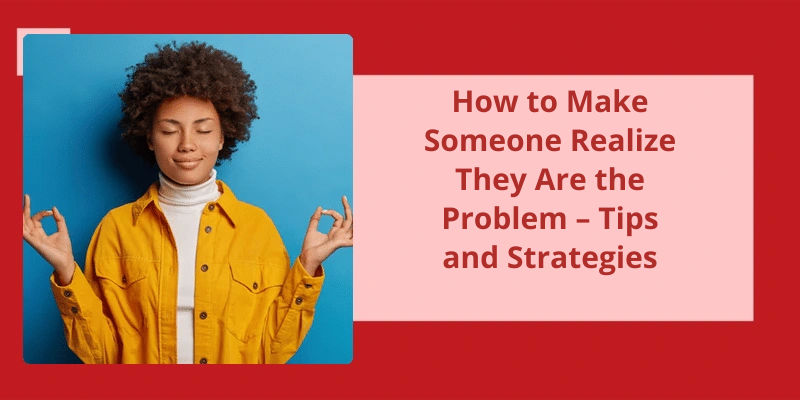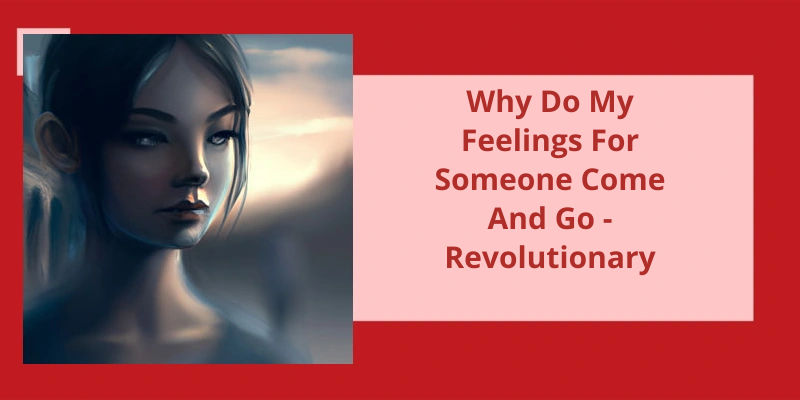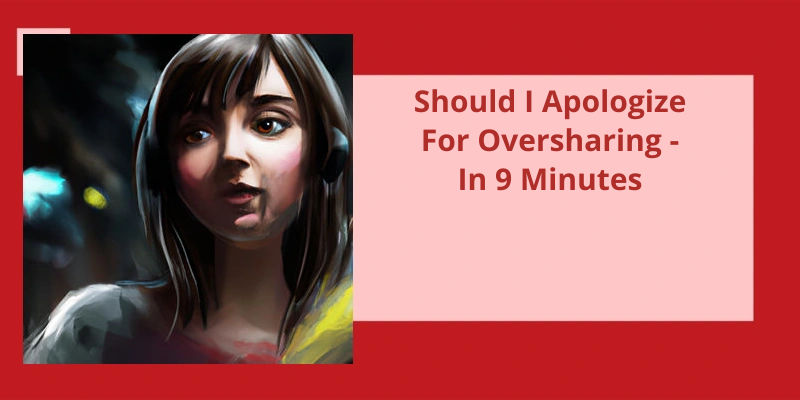In a world where doubt and insecurity often invade our minds, it can be easy to forget the powerful and transformative truth that each and every one of us is loved, or capable of loving others. This profound reminder serves as a beacon of confidence and happiness, reminding us of the deep connections we share with those around us. Whether it’s the unwavering support of a cherished friend, the unconditional love of a family member, or the tender affection of a romantic partner, the presence of love in our lives has the power to uplift, inspire, and bring us immeasurable joy. It’s through these cherished connections that we discover our own worth, knowing that we’re respected, accepted, and desired, just as we are. This reminder of love's embrace and our capacity to give and receive it serves as a powerful balm for our souls, instilling within us a newfound sense of confidence and happiness that radiates from within. So, let’s hold firmly to this truth, embracing the love that surrounds us and allowing it to empower us to live with unwavering self-assurance and a steadfast belief in our own worthiness. For in knowing that we’re loved, or capable of love, we unlock the key to a life brimming with confidence, happiness, and the fulfillment of our deepest desires.
What’s the Difference Between You Are Loved and I Love You?
On the other hand, when someone says “I love you,” it’s a direct and personal expression of affection. It means that the speaker themselves is the one who loves the listener. It implies a deep and emotional connection between two individuals.
“You’re loved” can be a comforting statement, especially when the recipient may be feeling lonely or unloved. It reminds them that there are people out there who care about them, even if it may not be immediately obvious or apparent. It serves as a reminder that love exists in the world, and that they’re deserving of it.
It carries a stronger emotional weight and can have a profound impact on the recipient. These three words can make someone feel seen, valued, and cherished. It can strengthen bonds and create a sense of safety and security in a relationship.
When someone says “I loved you,” it typically signifies a deep affection and attraction towards another person. This expression can refer to passionate romantic relationships or profound feelings of fondness for a friend or family member. Such words of endearment hold immense significance and are often shared to convey strong emotions and connection between individuals.
What Is the Meaning of Loved You?
Abeing loved refers to the deep emotional connection and affection that one person feels for another. It goes beyond mere admiration or fondness and encompasses a profound sense of care, respect, and support. To be loved is to be accepted wholeheartedly and unconditionally for who you are, flaws and all. It’s to have someone by your side who genuinely wants your happiness and wellbeing. Being loved brings a sense of security, comfort, and reassurance that you’re worthy of affection and that your presence in someones life is cherished.
Love is a powerful force that’s the ability to uplift, inspire, and transform. It’s the capacity to bring out the best in us and encourage personal growth and development. When we’re loved, we’re given an opportunity to flourish and become the best version of ourselves. Love empowers us to overcome challenges, face our fears, and pursue our dreams with confidence. It provides us with the courage to take risks, knowing that we’ve a support system that will catch us if we fall.
Being loved isn’t limited to romantic relationships. It extends to friendships and familial bonds as well. The love we receive from our friends and family members plays a crucial role in our overall well-being and happiness. It reminds us that we aren’t alone in this world and that there are people who genuinely care about us.
It affirms our value as individuals and reinforces our self-confidence. When we feel loved, we’re more likely to have a positive outlook on life, form healthy relationships, and navigate through lifes ups and downs with resilience and grace.
The Impact of Love on Mental and Physical Health: Examine the Research on How Feeling Loved Can Positively Impact Mental and Physical Well-Being, Including Reduced Stress Levels, Improved Immune Function, and Increased Overall Life Satisfaction.
- Feeling loved has a significant impact on mental and physical health.
- Research has shown that being loved can reduce stress levels.
- Feeling loved can also lead to improved immune function.
- People who feel loved tend to experience increased overall life satisfaction.
Source: LOVED | English meaning – Cambridge Dictionary
The choice between using present perfect tense or simple past tense can have subtle implications on the meaning and focus of a sentence. While “I’ve loved him before” suggests a continuation or relevance of love from the past to the present, “I loved him” refers to a completed action in the past with no direct connection to the present. Both convey the concept of past love, but the specific tense used can shape the nuance of the statement.
Is It Correct to Say I Have Loved?
Is it correct to say I’ve loved? The answer is yes. “I’ve loved” is a statement written in the present perfect tense, which conveys an action that began in the past and continues into the present. It implies that the act of loving occurred at some point in the past but is still relevant or has an impact on the present.
Similarly, “I loved him” is written in the simple past tense and also indicates an action that occurred in the past. However, unlike the present perfect tense, the simple past tense doesn’t suggest a connection to the present.
Both phrases convey the same basic meaning of having experienced love for someone in the past. The choice of tense depends on the context and the desired emphasis. Using the present perfect tense may imply that the love is still felt or has ongoing significance, while the simple past tense implies that the love is purely a past experience.
On the other hand, the simple past tense is formed by using the verb “love” in it’s past tense form (“loved”) without any auxiliary verbs.
One commonly overlooked tense in English grammar is the perfect tense. Specifically, in the present perfect tense, the phrase “having loved” is used. This tense is formed by using the verb “to have” with the past participle of the main verb. While not as commonly used as other tenses, understanding the present perfect tense is crucial for expressing actions that have occurred in the past but still have a connection to the present.
What Tense Is Having Loved?
In the world we live in, sometimes it can be difficult to remember that we’re loved and that love brings confidence and happiness. It’s easy to get caught up in the negativity and self-doubt that surround us. But it’s important to remind ourselves that we’re loved, and that love has the power to change our lives.
Love is a powerful force that can bring us confidence and happiness. When we feel loved, we’ve the strength to overcome challenges and believe in ourselves. It reminds us that we’re worthy of love and acceptance, and that we’ve the power to make a positive impact on the world.
Having loved, in the present perfect tense, signifies a deep connection and a sense of fulfillment. It implies that we’ve experienced love and that it’s shaped our lives. It’s a reminder that we aren’t alone, and that there are people who care about us deeply. Love brings us happiness because it fills our hearts with joy and positivity. It gives us a sense of purpose and a reason to be grateful for the blessings in our lives.
So let’s always remember that we’re loved, and let that love guide us towards confidence and happiness.
She hugs it tightly, clinging to the comforting presence it brings. Similarly, a traveler might have a loved destination that holds a special place in their heart, a place they long to return to time and time again. The adjective loved captures the deep affection and attachment we feel for certain things in our lives, reminding us of the joy and happiness they bring.
What Is the Adjective Word Loved?
A traveler may have a loved destination they cant wait to return to. A loved book might be one that youve read countless times and still find solace in it’s pages. The word loved evokes a sense of deep affection, appreciation, and attachment. It signifies a strong emotional connection and a sense of security and happiness. When something is loved, it holds a special place in your heart, bringing you comfort and joy.
To be loved is to be cherished and valued by others. It’s a reminder that you’re important and that your presence matters. Being loved can boost your confidence, as it reinforces your worth and the impact you’ve on those around you. It can create a sense of belonging and support, knowing that you’ve people who care about you and will stand by you through thick and thin. This love can come from family, friends, and even pets who provide unwavering loyalty and affection.
To love others is equally powerful. It allows you to extend kindness, compassion, and understanding to those in your life. Loving others means accepting them for who they’re and supporting them in their journey. It creates stronger connections and nurtures relationships. When you love someone, you want the best for them and find joy in their happiness. Expressing love can bring immense fulfillment and a deep sense of purpose.
Love, whether giving or receiving, has the ability to transform lives. It’s the power to heal wounds, mend broken hearts, and uplift spirits. It reminds us of the beauty and goodness in the world. Love provides a sense of hope and resilience during challenging times. It inspires confidence to overcome obstacles and believe in ourselves.
It’s a testament to the human capacity for connection, empathy, and happiness. Whether it’s through cherished possessions, cherished places, or cherished relationships, the adjective loved holds a special place in our hearts, reminding us of the love that exists within and around us.
The Power of Unconditional Love:
- Unconditional love is a powerful force that knows no boundaries.
- It’s a love that’s freely given, without any expectations or conditions.
- This type of love transcends limitations and overlooks flaws.
- Unconditional love accepts others for who they truly are, flaws and all.
- It’s a love that’s constant and unwavering, even in times of difficulty.
- This kind of love has the power to heal wounds and mend broken hearts.
- Unconditional love is a source of strength and support for those who receive it.
- It can inspire growth, change, and transformation in individuals.
- This love has the ability to bring people together and foster deep connections.
- It’s a love that can create a sense of belonging and acceptance.
- Unconditional love has the power to bring about positive change in the world.
- It can break down barriers and bridge divides between people.
- This type of love teaches us compassion, forgiveness, and empathy.
- It reminds us of the beauty and worthiness inherent in every individual.
- Unconditional love is a force that’s the potential to change lives.
Conclusion
In the midst of life's trials and tribulations, it’s essential to remember the profound truth that you’re loved or capable of love. This resounding affirmation serves as a powerful reminder of the intrinsic worth and significance we all possess. Embracing this understanding enables one to cultivate an unwavering sense of confidence, leading to a life filled with deep connections, joy, and contentment. Regardless of the challenges we encounter, love provides the buoyancy to navigate the darkest of days and propel us towards greater happiness. Recognizing our capacity to love and be loved allows us to unlock the true potential within ourselves, fostering resilience, empathy, and compassion. It’s an acknowledgment that every soul has an inherent need for connection and acceptance, a profound reminder that we aren’t alone in our journey. By acknowledging and embracing the love surrounding us, we unlock the infinite possibilities for personal growth, healing, and fulfillment. So, let this powerful reminder resonate within your heart, guiding you towards a life brimming with confidence, happiness, and the undeniable assurance that you’re loved, and you’ve the ability to spread love to those around you.






